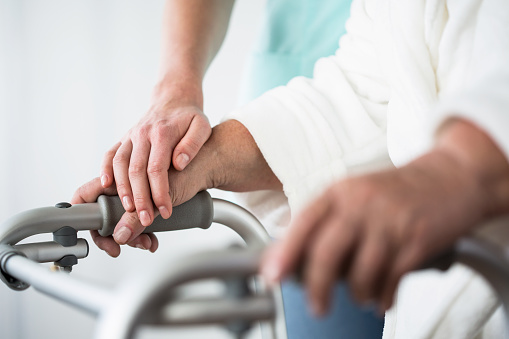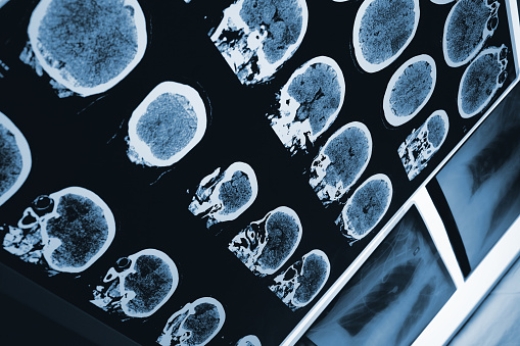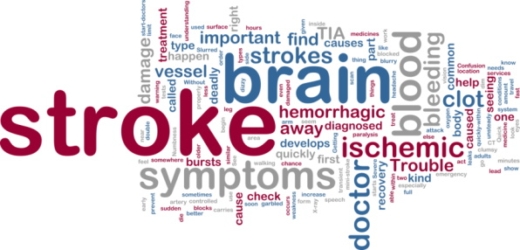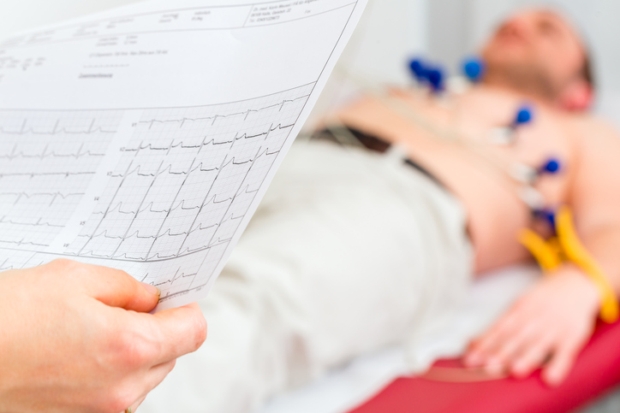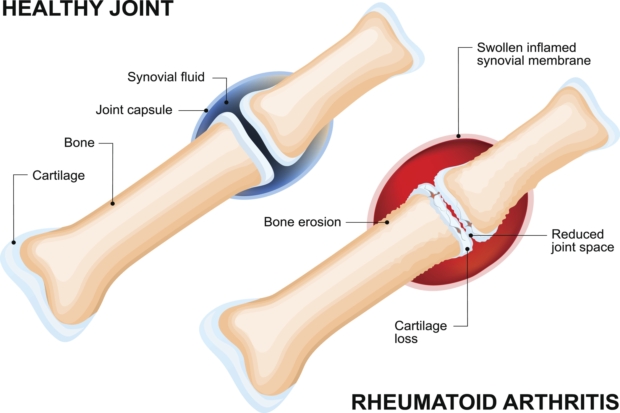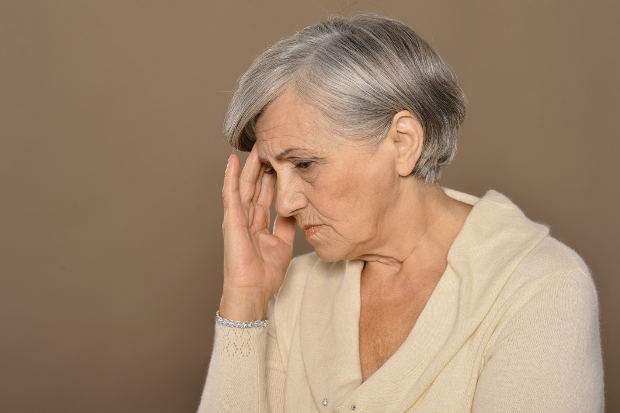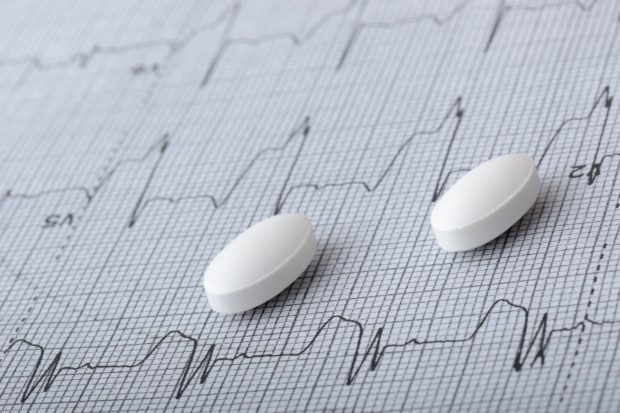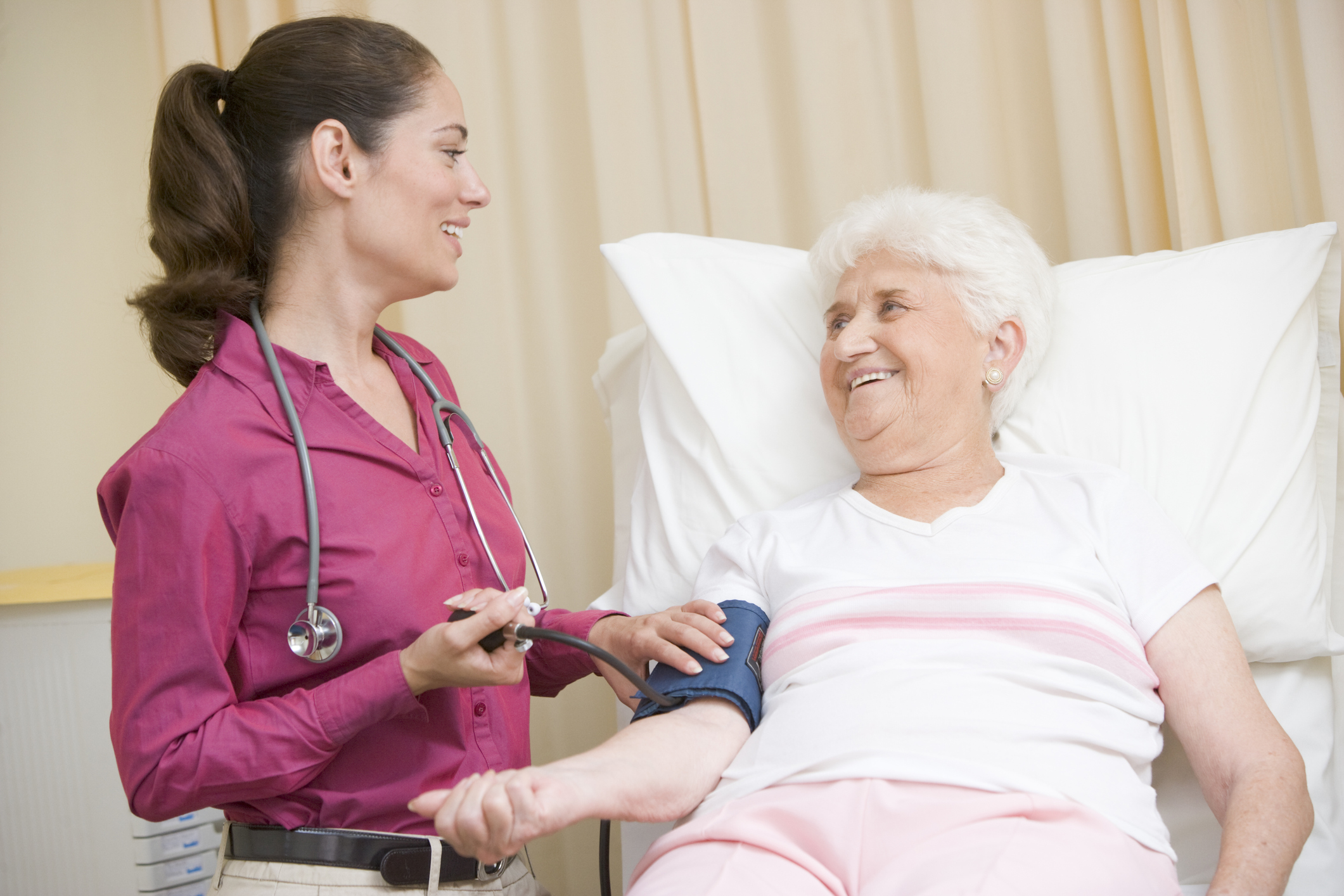The health benefits of saunas you didn’t know about
If you’ve ever visited a sauna, you know the experience is very relaxing and soothing. But did you know that saunas can actually improve your heart health – and brain health, too? Numerous studies now point to the fact that sweating in a sauna may be a good way to prevent heart disease, stroke, and ...click here to read more


